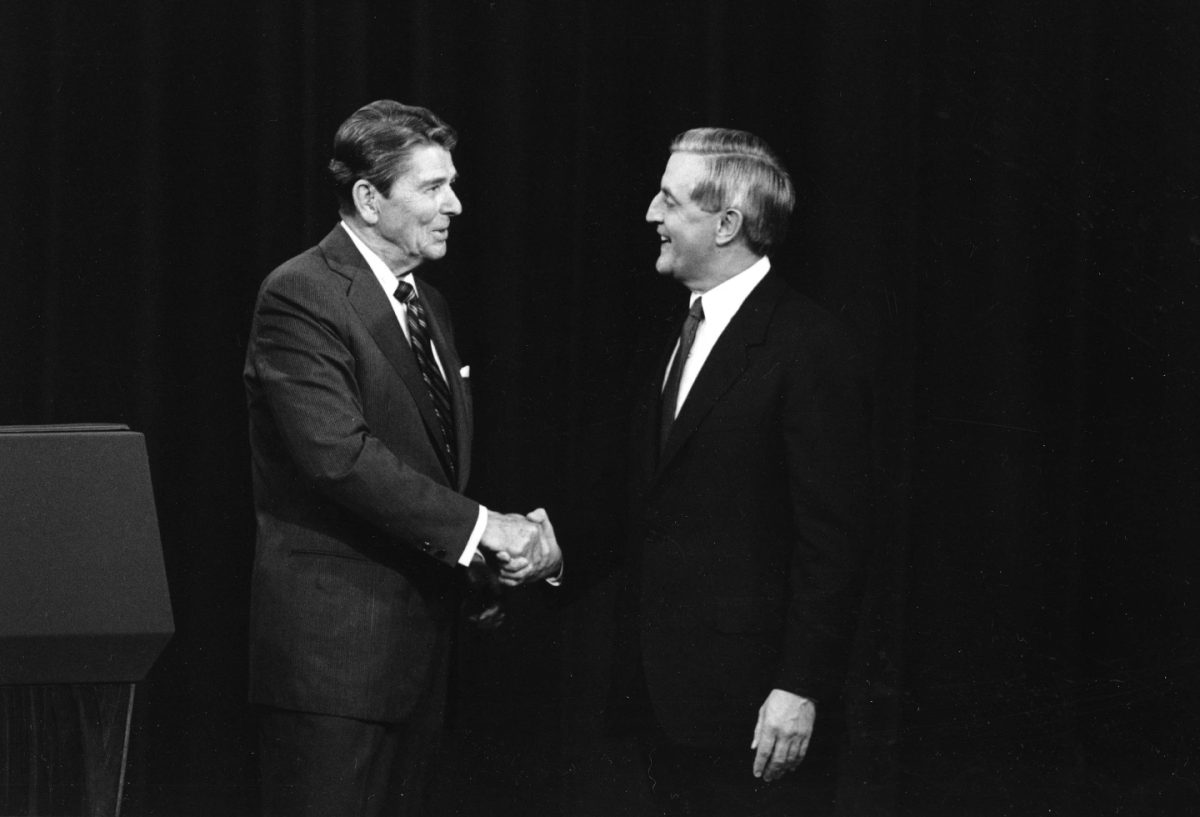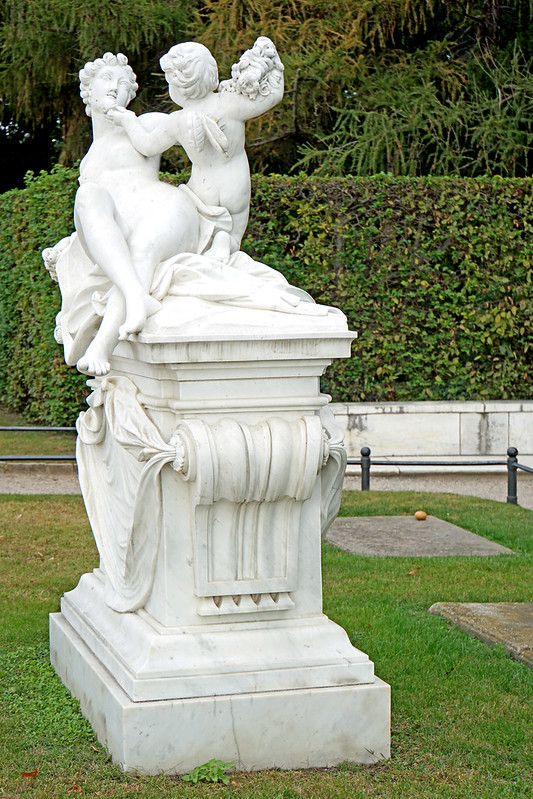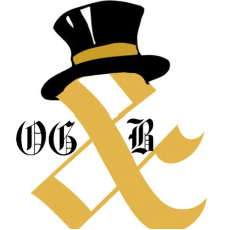Igrew up in a pretty “sane” strata of society. I live in a cocoon of upper-middle class comfort, with upper-middle class concerns: internships, grade fretting and wondering if I, as an isolate and an American (perhaps two very similar notions), will be able to assimilate into my abroad environment without too much embarrassment.
Of course, the satirization of the “sane,” upper classes is another subject entirely. But my point is that because of my upper-class life, I have become attracted to the literature of the “mad.” The Kerouacs and Burroughs, the John Cheevers and Denis Johnsons. Basically, the alcoholic writers.
I just read a book entitled The Recovery, by Leslie Jamison. It is about her recovery from alcoholism, but she doesn’t beat the already tread path. She knows, when it comes to writing a book about addiction, everyone seems to say “I’ve already read that book.” And it’s true. The patterns and progressions of alcoholism seem to be tired tropes. But The Recovery is praised, and rightly so, for its blend of “memoir, cultural history, literary criticism, and reportage.” It is a new, intelligent bricolage of illuminations.
Jamison’s book becomes especially prickly for me when it dives into the mythology of the drunk writer. Someone once told me “if you can ever learn to let go of your love of the Beats, [i.e. by extension, your cloister of drunk writers], you may actually become an independent reader one day.”
While I know the statement was a bit hyperbolic, it captures my literary penchant for drinkers. These writers have an “air of complicatedness, a sweet boozy whiff of tangle and rupture.” They have, in short, genius, but genius only revealed through the mental de-fogging that drink provides. They are “volatile and authentic … more complex psychologically.” The world’s patina, its social morays and creative governors, are burnt off as the drunk writer consumes, revealing an in-the-air truth he or she can take down like clothes off a line. The drunk writer is “broken by the fallen world,” as Jamison says. Such a world, to such a sensitive soul, imbues the person with a complex emotional matrix, comprised of cosmic tragedy and pain. As Jean Rhys, a French novelist, says, “I wish I could get it clearer this pain that has gone through all my life. Whenever I’ve tried to escape it has reached out brought me back. Now I don’t try any longer.”
The solution, the numbing, is booze. It ripped these writers apart. For some, like John Berryman, his need made him so ragged he looked like he spent his “whole … life out in the weather without any protection.” But Berryman, able, supposedly, to salvage from the wreckage more than a pittance of genius, says, in writing about his lifelong protagonist, Henry, “Hunger was constitutional with him/ wine, cigarettes, liquor, need need need/ Until he went to pieces/ The pieces sat up and wrote.”
The notion of great writing concomitant with a broken self, especially a broken male self, has characterized the writings of many. All were enveloped by the darkness of drinking, and the mythology produced is one out a void. To me, and to many, “addiction seemed generative … very much like interior décor, an accessory that spoke to inner depths.”
Why is this attractive, not just to me, but to many? I have often felt, when trying to write fiction, that my life is not worth writing about. I am not interesting, my life does not contain extractable material meant for compelling fiction.
My life is boring because it is comfortable. These writers I look up to seemed to have keyed into a certain aspect of living, of life, that I can’t come close to. As Jamison says, of her similarly comfortable life, “I have always lived in the world as I was supposed to live in it.” There is nothing radical about me, nothing compellingly original or generative. At least that’s how I feel. These writers, in their complex, transitory relationships with the world, provide a precious vicariousness that I crave. I want to feel my opposite, because I think it is properly genius. Although, as Jamison says, sometimes “I [sense] there is an animal in me — beneath all that obedient living,” but I find it hard to ever step off the treadmill of my regularity. It angers me, it frustrates my will and wish to live like an authentic human being.
Why do I find drunken writers attractive? For the reasons I just expounded, their seemingly-earthen connection, their ur-humanness, the ability to dredge up the pulp of the soul. Maybe these reasons are wrong, incoherent, un-relatable. But to me, burning with anguish at the prospect of cushioned existence, they are the only thing that get me closer to actually living.














Anthony Young • Apr 20, 2018 at 11:20 am
Hemingway is quoted as saying: “Write drunk. Edit sober.”